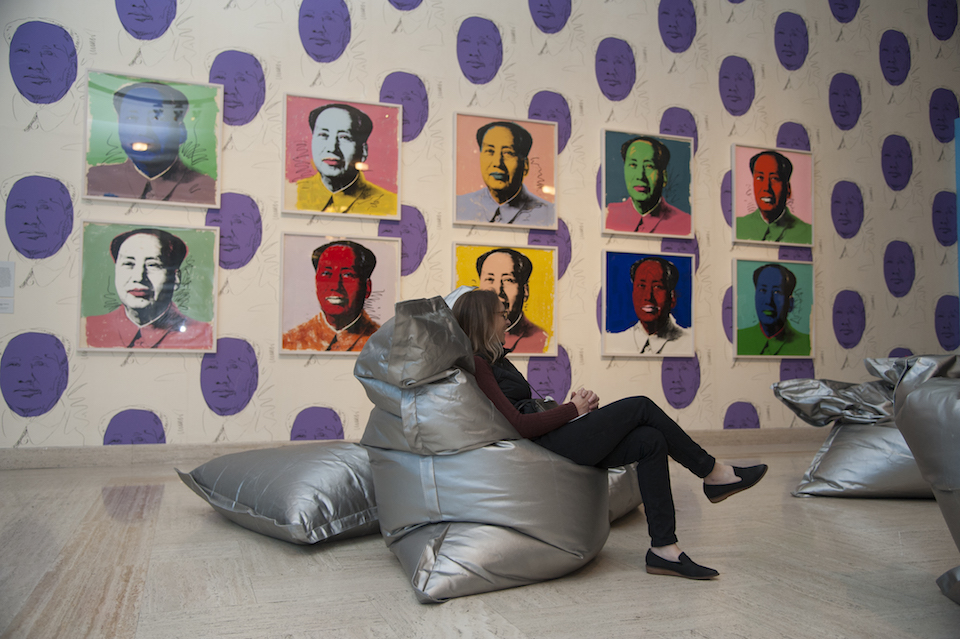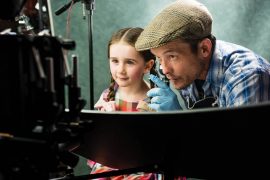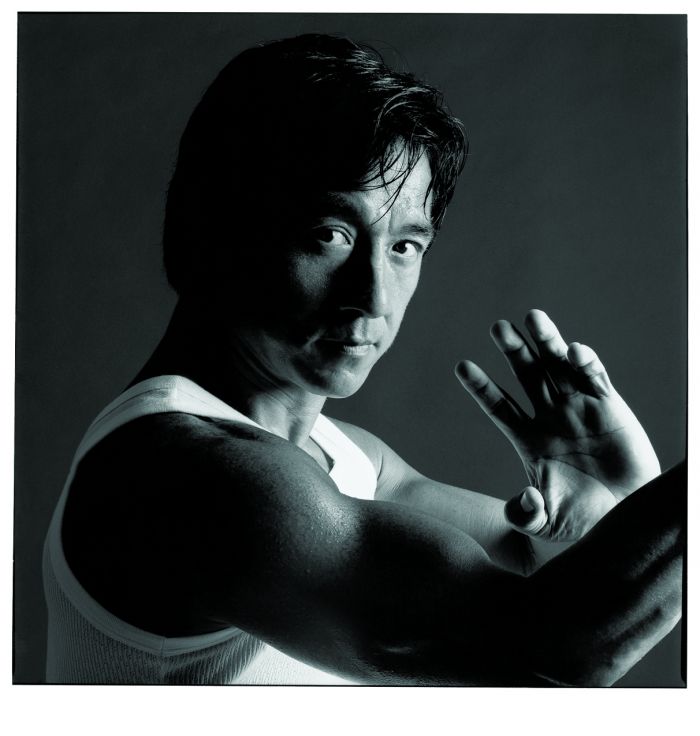written by Gina Williams | photos courtesy of the Portland Art Museum
“Isn’t life a series of images that change as they repeat themselves?”
–Andy Warhol
Portland philanthropist and art collector Jordan D. Schnitzer recalls one of the first times he saw his collected works displayed on a large scale in a public setting.
“It was the joy of sharing the art that totally possessed me,” he said.
Schnitzer’s same enthusiasm was evident recently as he took visitors on a passionately narrated tour through a new major Portland Art Museum exhibition, several years in the making, “Andy Warhol: Prints from the Collections of Jordan D. Schnitzer and His Family Foundation.”
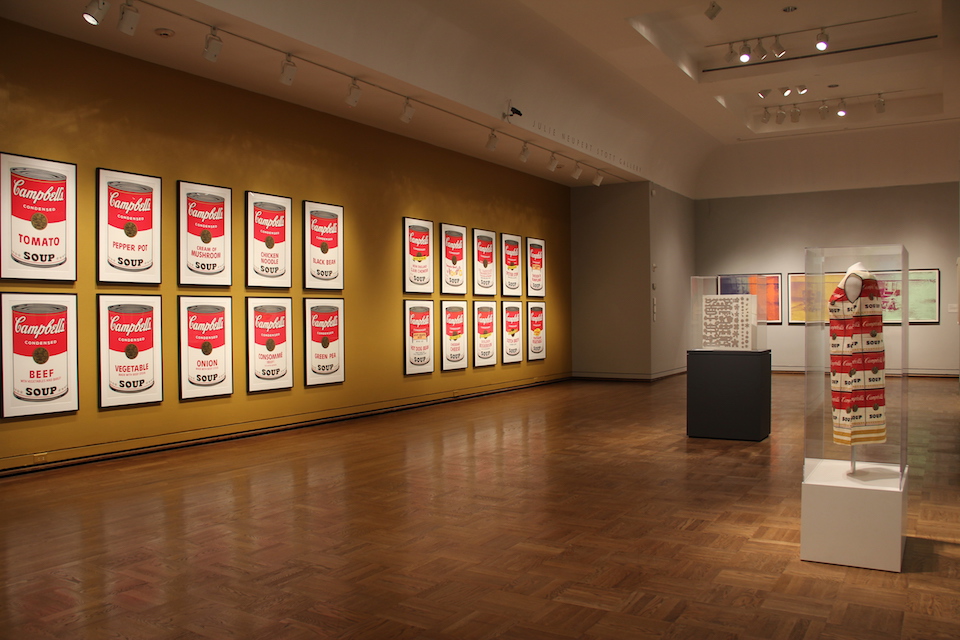
Running October 8-January 1, the exhibition showcasing 250 Warhol prints and ephemera is the largest of its kind ever to be presented. It fills two floors of the museum and includes a full range of works spanning his entire career, from two complete sets of Warhol’s iconic “Campbell’s Soup Can (Tomato)” prints to early projects like the “Love is a Pink Cake” series from 1953 and the heart-stopping, but relatively unknown “Flash” portfolio that speaks to the death of President Robert F. Kennedy.
The Artist Anew
“What’s amazing, as a retrospective, is this is a chance to get into the mind of this man,” Schnitzer said.
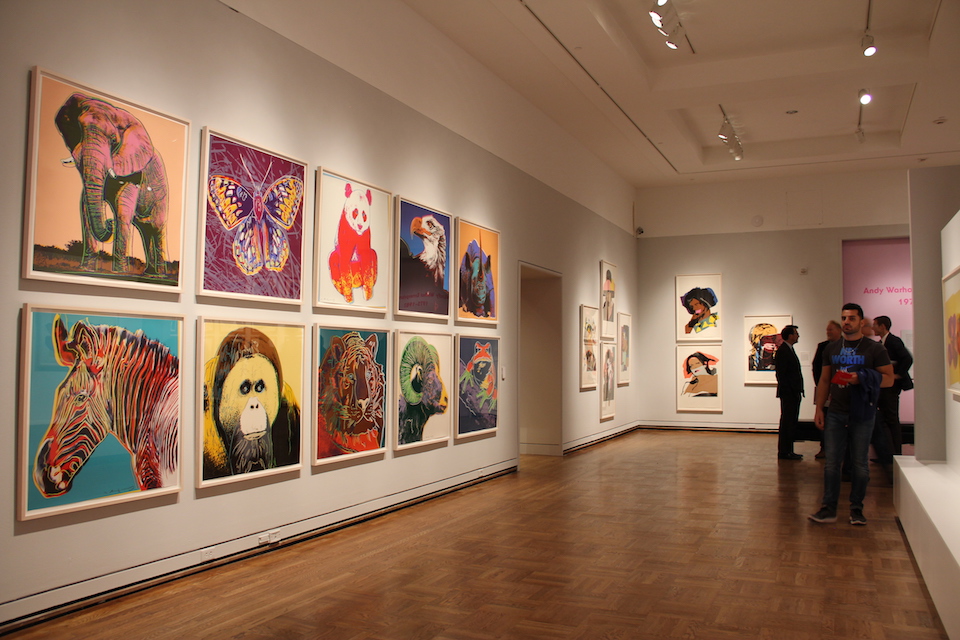
Richard H. Axsom, a contributing essayist to the exhibition, said the scale of the show truly brings out the depth and layers of complexity in Warhol’s work and his humanity.
“This exhibition is all about the Warhol you thought you knew but don’t,” Axsom said. “For an artist known for his superficiality, Warhol was among the least superficial artists of his time.”
Entry into Warhol’s Worlds
Organized chronologically and by series, the structure of the exhibition not only takes viewers into the printmaking processes so important to Warhol’s art, but also the time periods and locations in which it was produced.
A walk through the colorful galleries takes visitors on a mesmerizing journey through Warhol’s career, from his earliest work as a commercial illustrator in the 1950s, to the collaborative silkscreens made in his “Factory” studio during the 1960s and the commissioned portfolios of his final years.
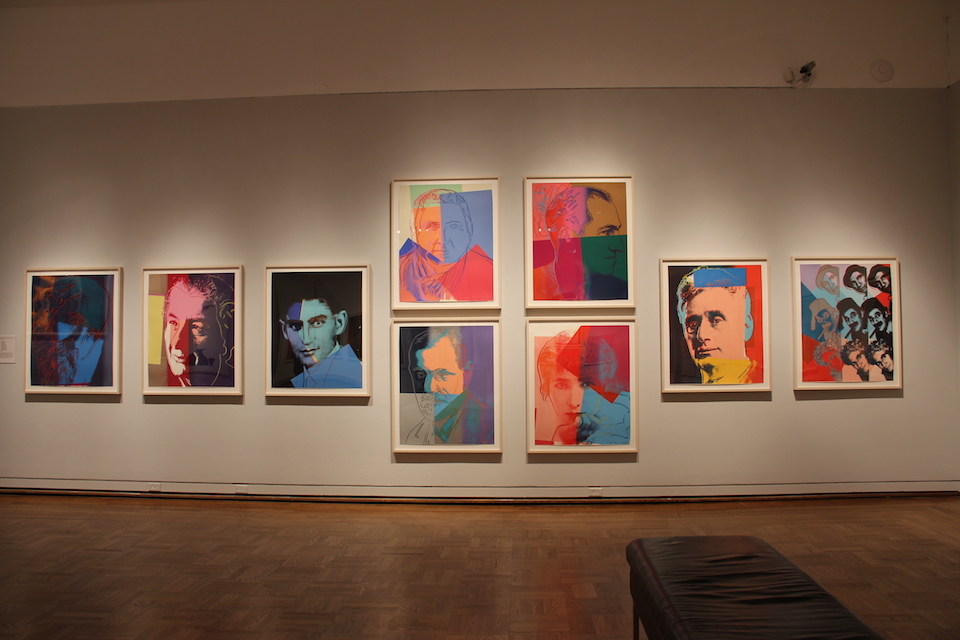
Sara Krajewski, Curator of Modern and Contemporary Art at the PAM, remarked that she thought she knew Warhol and was delighted to be surprised by new discoveries as the project came to life, from the ways in which he elevated commercial printing processes to a fine art practice to his use of art as a “deep meditation” on political themes of the time.

Something for Everyone
The museum has organized a broad range of workshops and events around the exhibition, from printmaking classes to studio tours and a series of talks.
A Warhol Exhibition Family Tour Day is set for October 23, 12:30-1:30 p.m. The tour is free for members or with Museum admission, and free for children age 17 and younger.


